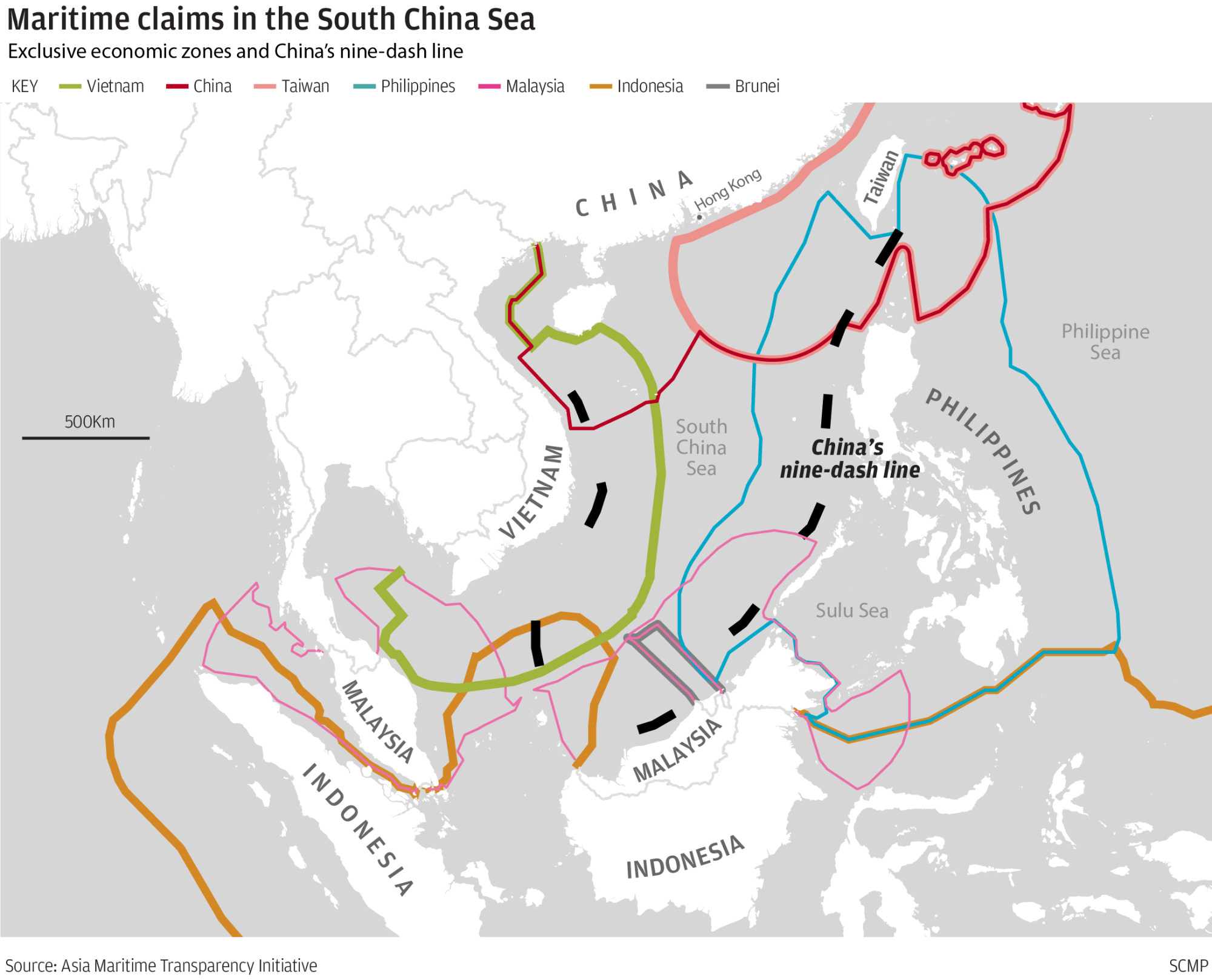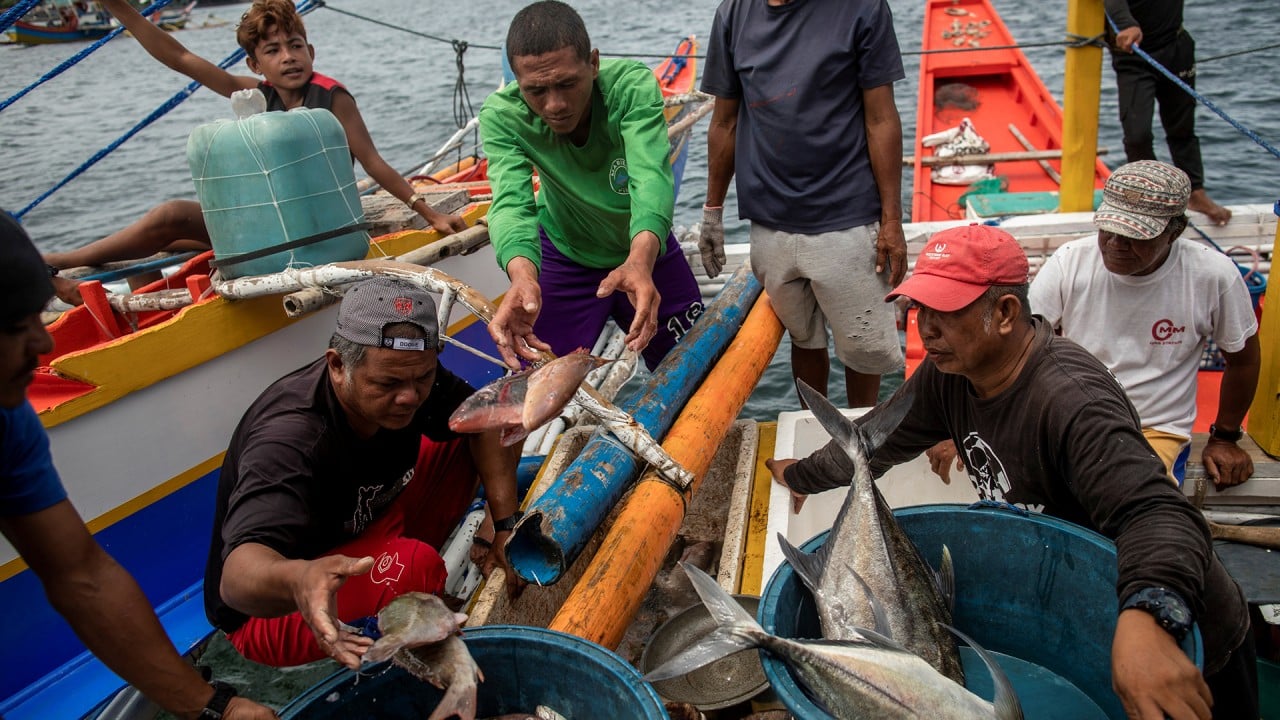
How China, Philippines can settle their South China Sea resource dispute and avoid conflict
- Reaching an agreement will be tricky because of political and legal obstacles, but these can be overcome
- A commercial joint venture with no legal implications on sovereignty that includes sharing resources or revenues from extraction could be a way forward
But the devil is in the details. Politically successful cooperative arrangements usually involve situations in which the two states recognise that each has some legitimate basis for their claim. That is not the situation here.
The Philippines is particularly constrained by Article XII of its 1987 constitution, which mandates that “the exploration, development and utilisation of natural resources shall be under the full control and supervision of the State. The State may directly undertake such activities, or it may enter into co-production, joint venture, or production-sharing agreements with Filipino citizens, or corporations or associations at least 60 per cent of whose capital is owned by such citizens.”

China’s leaders could argue to nationalists that the ratio reflects its generosity in exchange for Philippine tacit recognition that there is a dispute and thus China’s patrimony has been recognised and preserved.
According to the Philippine Constitution, the Philippines must be in charge and national laws must be followed. Marcos said last Thursday that the Philippines could find “other ways” to proceed with joint exploration if government-to-government talks fail. However, a separate legal, contractual and taxation code for the area could allay concerns. It is also possible that the Philippines Department of Justice could create an exemption from constitutional requirements for the project, as it did for renewable energy projects.
With a strong “without prejudice” clause, neither state would legally surrender their claim. Their arrangement could be a commercial joint venture that carries no legal implications regarding sovereignty and includes sharing the resources or revenues associated with their extraction.
The Philippines Department of Energy has interpreted the 60-40 requirement as applying only to the final profit from production minus the costs. The definition of “profits” could thus be negotiated by the states. There is a lot of money to be made by technologically advanced Chinese companies through provision of goods, services, insurance and such.
Most importantly, it could avoid a clash. Both would reap the benefits of exploiting whatever resources exist in the disputed area. Even the serious possibility of such an agreement could reduce tensions.
Experts on such cooperative development projects can help devise wording acceptable to both states. But, to do so, both would have to accept a less than legally pure interim political solution. If there is political will, such experts can help them find a way.
Mark J. Valencia is a maritime policy analyst in Hawaii. William T. Onorato is a former legal adviser, energy, to the World Bank



